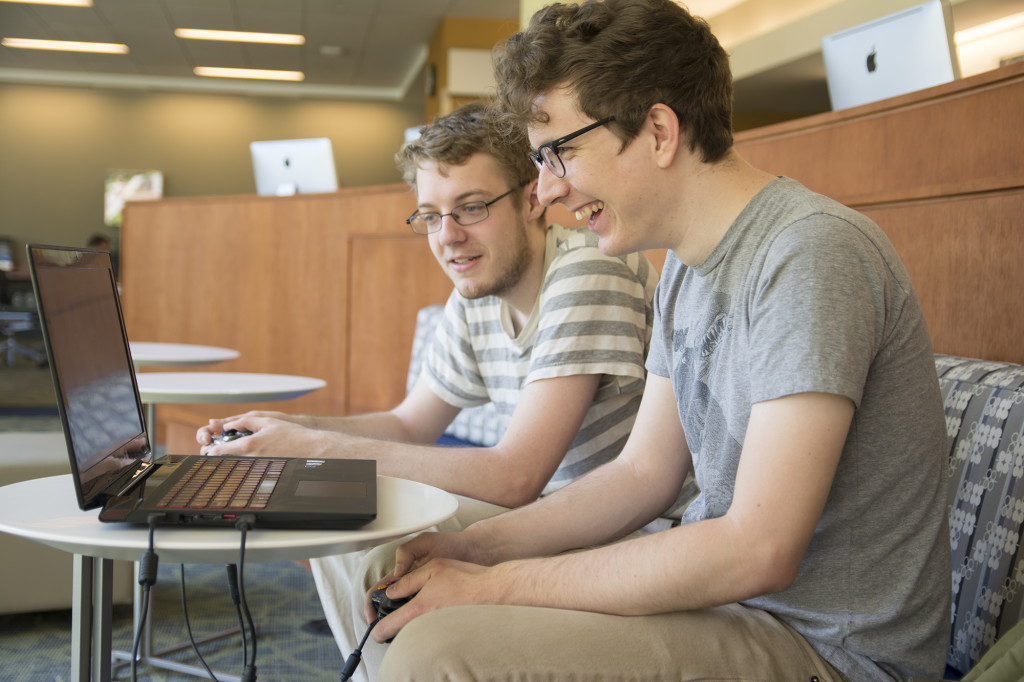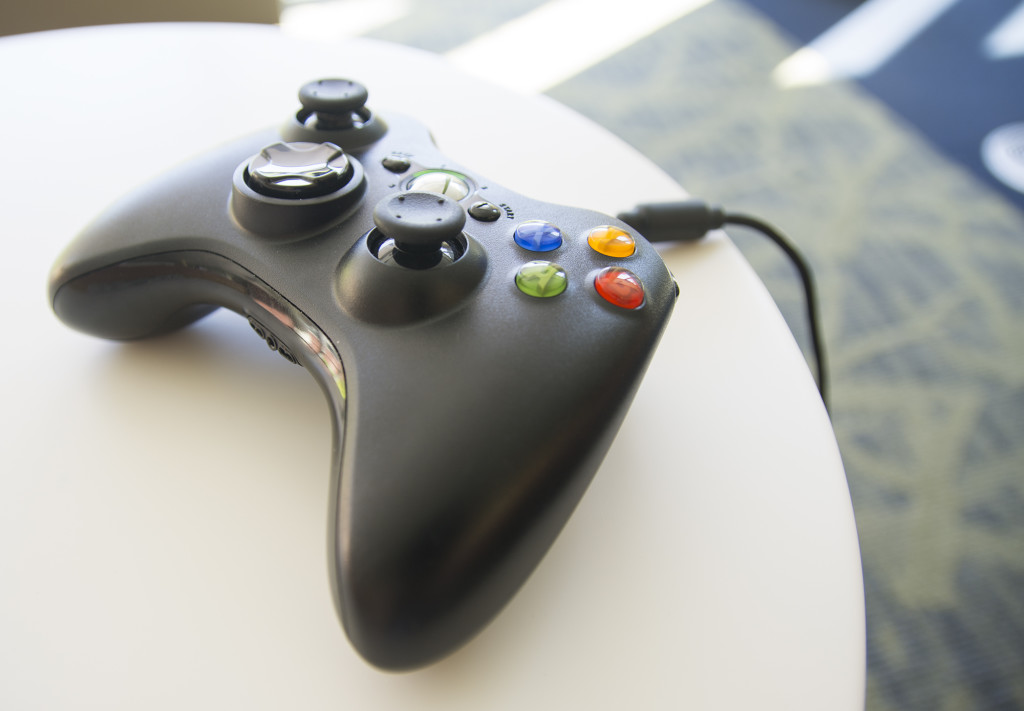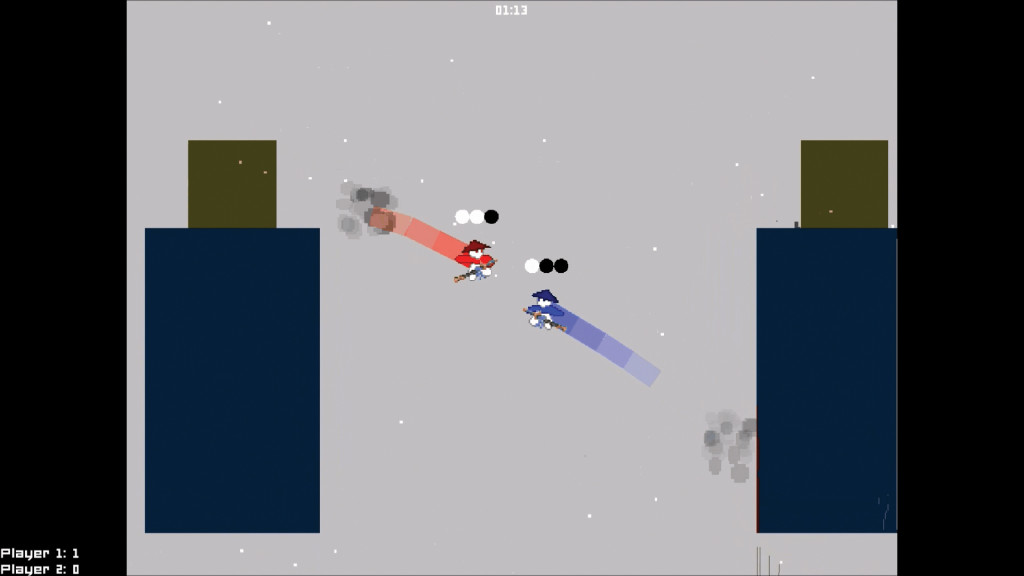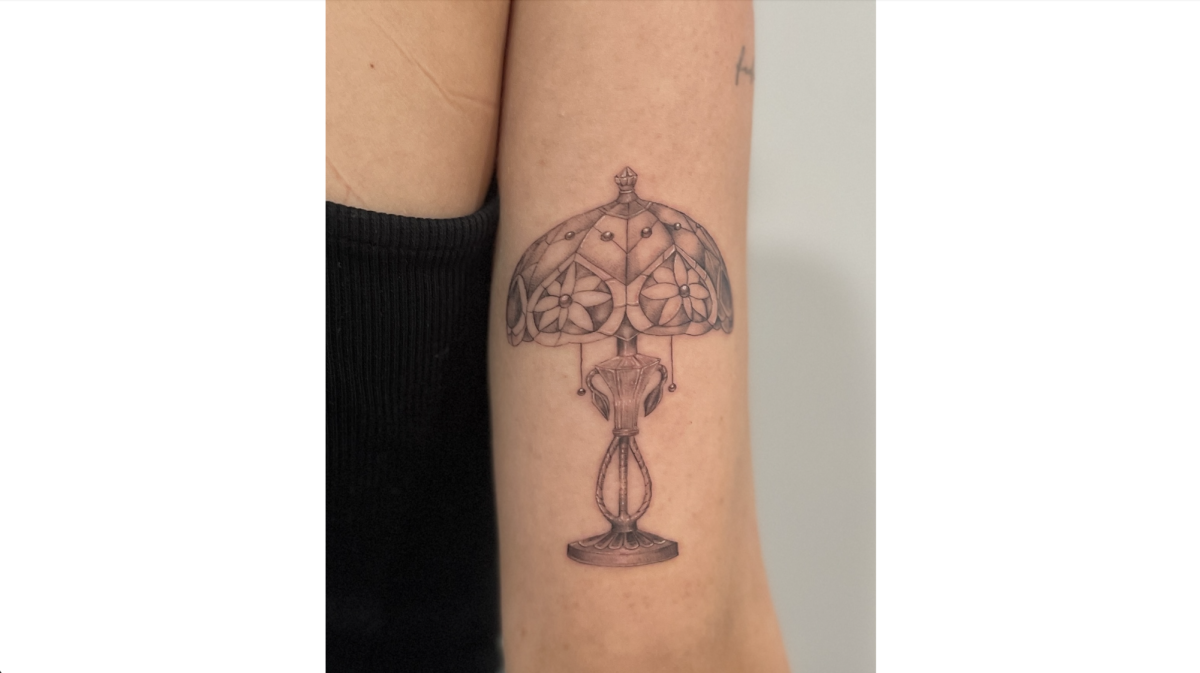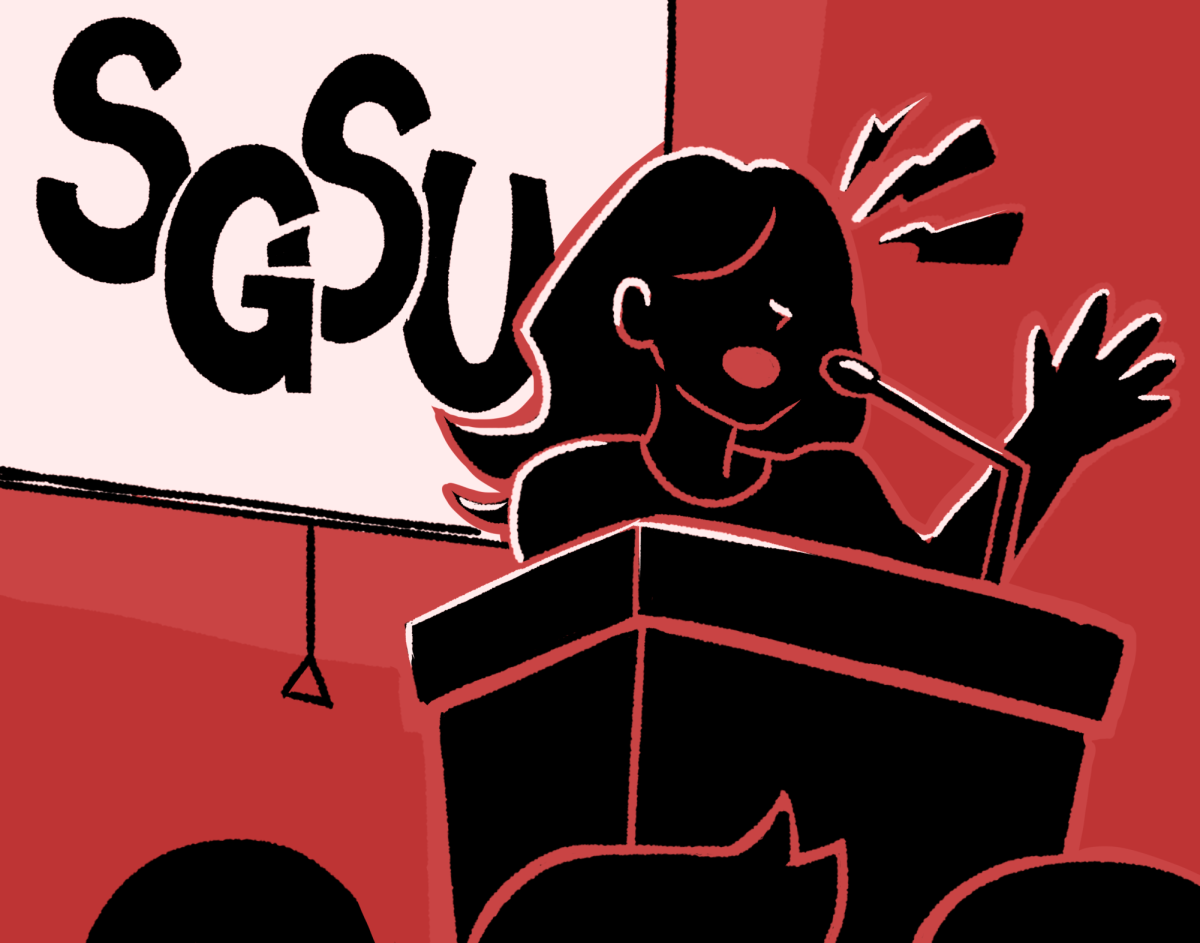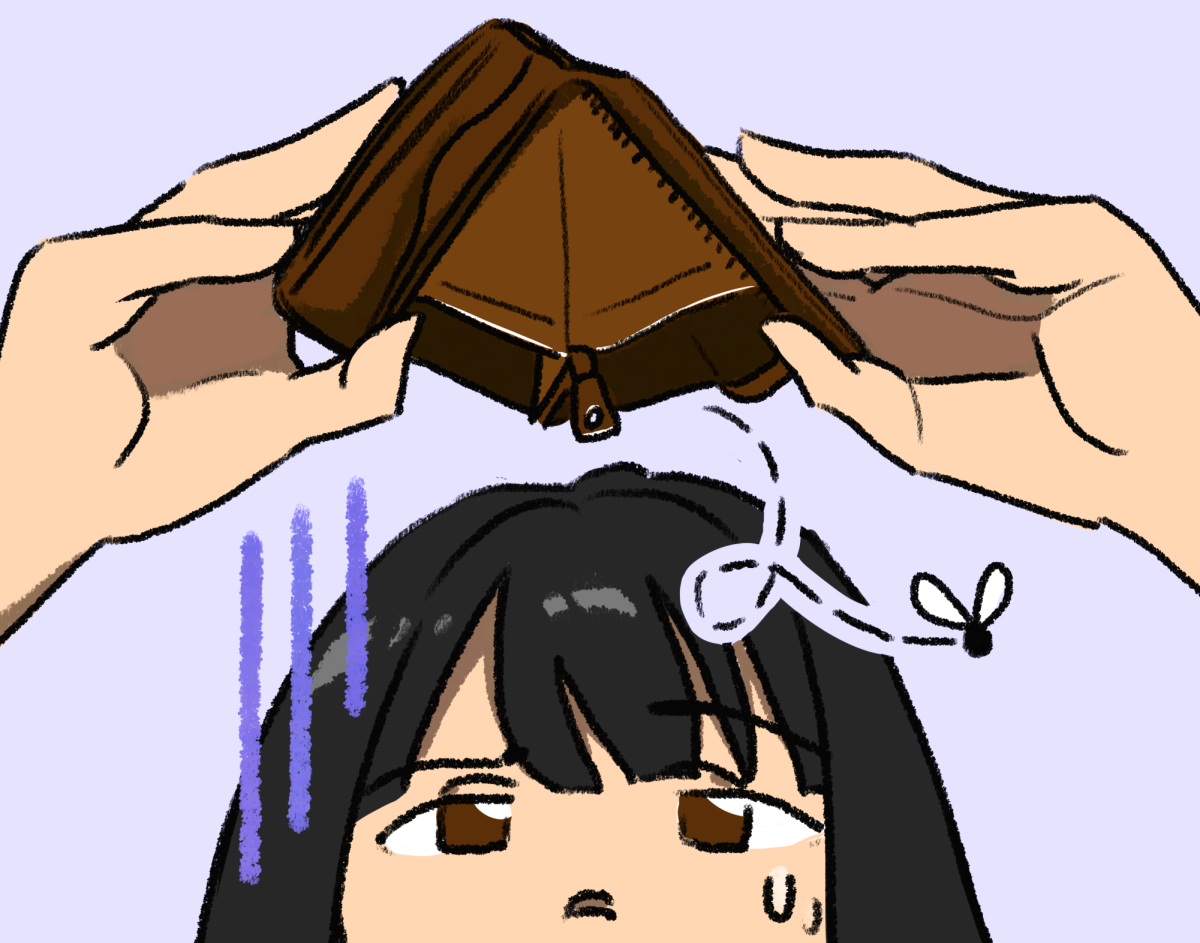Regardless of system, regardless of year, and regardless of place, gamers at Seattle University have found each other to share their passion. They are among the thousands of loyal viewers logged on to twitch.tv to watch livestreams of their favorite games, they are the fans that attend video game conventions like PAX and they are the people who participate in video game forums on hundreds of different websites. These individuals combine passion and innovation for the love of gaming.
From casual games of FIFA or Halo among friends to tournament matches for games like League of Legends or Counter-Strike, students interact with video games as both individuals and in communities. The gaming community is as diverse as it is thriving. From those who create the games to those who love to play them, Seattle U is home to a vibrant gaming community.
Izzie Kelly
Izze Kelly, a sophomore physics major and dedicated member of the Seattle U Smash Club, describes the community at Seattle U gaming community as diverse and inviting.
“Our gaming community is really kind and welcoming; I’ve always had really positive experiences with the people here,” Kelly said. “The community of eSports players is pretty diverse. You don’t necessarily need an expensive gaming computer, so it’s pretty inclusive.”
In discussing the consolidation of video games with the responsibilities of college and early adulthood Kelly noted that she values her games now more than ever.
Matthew Juskelis
Matthew Juskelis, a senior computer science major at Seattle U found his love of gaming in The Sims 2. He recalls with a laugh that one time he got so involved in the game that he passed out right after just standing up. He started game design in high school, making animated screensavers and taking computer science courses.
Since then Juskelis has worked on numerous projects while balancing college life. The first game project he finished, Lonely Pong, embodies one of the greatest obstacles in independent game design: scope. The most literal way to overcome this obstacle was to divide the classic game, Pong, in half.
“Make the smallest thing you could possibly think of, and then cut that in half,” Juskelis said. “Being able to recognize what’s bad in your game,” he said, is also essential.
Another of his projects, Ugh, is a platformer designed to showcase an intuitive movement system.
“I had a movement system that I thought was good, it was really tight, the speeds were all good. Then I had my friend Jackson play it,” he said with a self-deprecating chuckle. “I had been working on this for day and night and after ten seconds he says ‘no’.”
After Matthew took his advice to heart, the system and the game found acclaim from his friends and an internet fan base.
He’s been working on his current project, Champloo, since August of 2015. Drawing inspiration from the 2004 animated series “Samurai Champloo,” Champloo is a 2D brawler in the vein of Super Smash Brothers, where players hack, slash and throw swords at each other in a samurai-style dual. The majority of the development cycle has been focused on making the gameplay as smooth and simple as possible. It was inspired by another developer, Vlambeer.
“[Vlambeer’s] whole mantra is making really good game design and gameplay and then doing everything else,” Juskelis said.
The samurai art style was only added two weeks ago, and Juskelis’ also recently contacted an artist to work on his game. Reflecting another important aspect of game design: knowing when to ask for help.
“It’s impossible to do all of it by yourself,” he said. “You have to realize that you’re not an artist or you’re not a musician or you’re not a coder and you need someone else to help you with it.”
Jackson Van Dyck
Jackson Van Dyck, a senior Computer Science major, is also in the midst of a production of his own. Though still early in its development, Van Dyck’s work featured the use of dynamic audio, synchronized with visual displays as the foundations to a final product he described as “the next level.” Van Dyck emphasized the importance of different video game communities as the inspiration for his endeavors.
“When I was fourteen I went to PAX and was like ‘Oh this is something you can do as a career,’” Van Dyck said.
In addition to the Seattle-based gaming convention, Van Dyck credited his involvement with competitive video games as the basis for much of his interest and knowledge on the subject of
game design.
“Trying to play different games the best that I can for years caused me to have a really good understanding of how the systems worked and how much the little details mattered for how a game felt.” Van Dyck said Juskelis and Van Dyck are often found in the Engineering Building, demoing their projects to peers, but are also there to participate in Seattle University’s prevalent Super Smash Bros scene.
Andrew Park
Andrew Park, a senior math major, is the president and founder of Smash at Seattle U, a club comprised of student players of all skill levels from those just beginning to participants in major regional tournaments. Park describes the club’s inception as the efforts of a group of friends that formed around playing the game, aiming to extend that same sense of community to others on campus.
“I met almost all of my friends through Smash,” Park said. “I thought that other people could find friends and community, like I did, if we started the club.”
He highlighted the unique identity of the Smash Bros community compared to that of other fighting games, which often have a reputation of being inaccessible. Each week the club offers both casual and competitive events to cater to all of its members. Park also stressed the importance of inclusivity and good sportsmanship to his vision of the club.
“I’m really happy with how we’ve turned out and how we’ve been able to be inclusive of people, even if they only come in play for half an hour,” he said.
His efforts even draw in regulars from the University of Washington in addition to an already sizable number of Seattle U club members.
Christopher Tan
Another noteworthy member of Seattle U’s video game community is Christopher Tran, a freshman studying computer science, whose handiwork has allowed him to create a unique and personalized gaming experience. Tran is currently in the process of replicating an arcade machine for Konami’s rhythm game Sound Voltex from scratch parts, inspired by his first ever visit to an arcade. He states that this is his first time doing any project along these lines.
“[It’s] just a lot of trial and error; when I first figured out how to wire a button I was really proud of myself, as dumb as it sounds.”
Despite having no previous experience with arcade machines or controllers, Tran describes himself as coming from a mechanical background and adopting the project to learn more about electronics.
“It’s mostly about understanding and learning something new as well as wanting to play,” Tran said, noting how rewarding it was to really understand something he used so regularly. The simplicity of playing and creating games with friends informs a tightly knit sense of community where people are free to be themselves and explore new avenues.
The Seattle U gaming scene is as varied in its members as it is vibrant in its passion. Every community is a collection of identities. Game designers combine their passions with technical skills to create entire worlds, competitive players foster community in tournaments as well as practice, retro enthusiasts rebuild nostalgia: gamers of all kinds make up this dynamic group of students. Sometimes it isn’t about the high score, but about the friends you make on the way.
The editor may be reached at [email protected]





